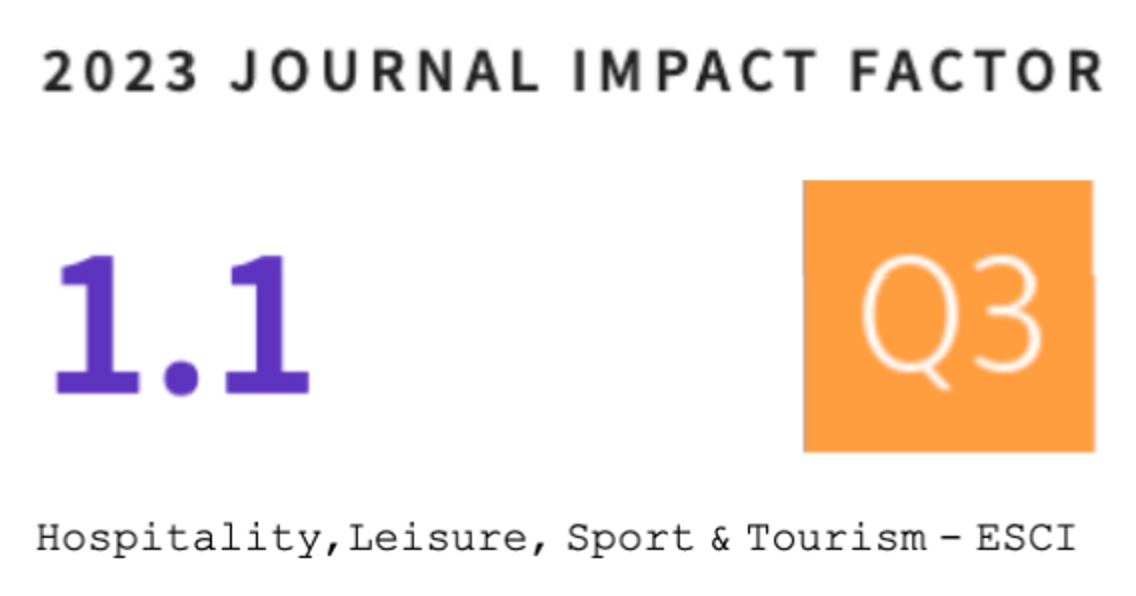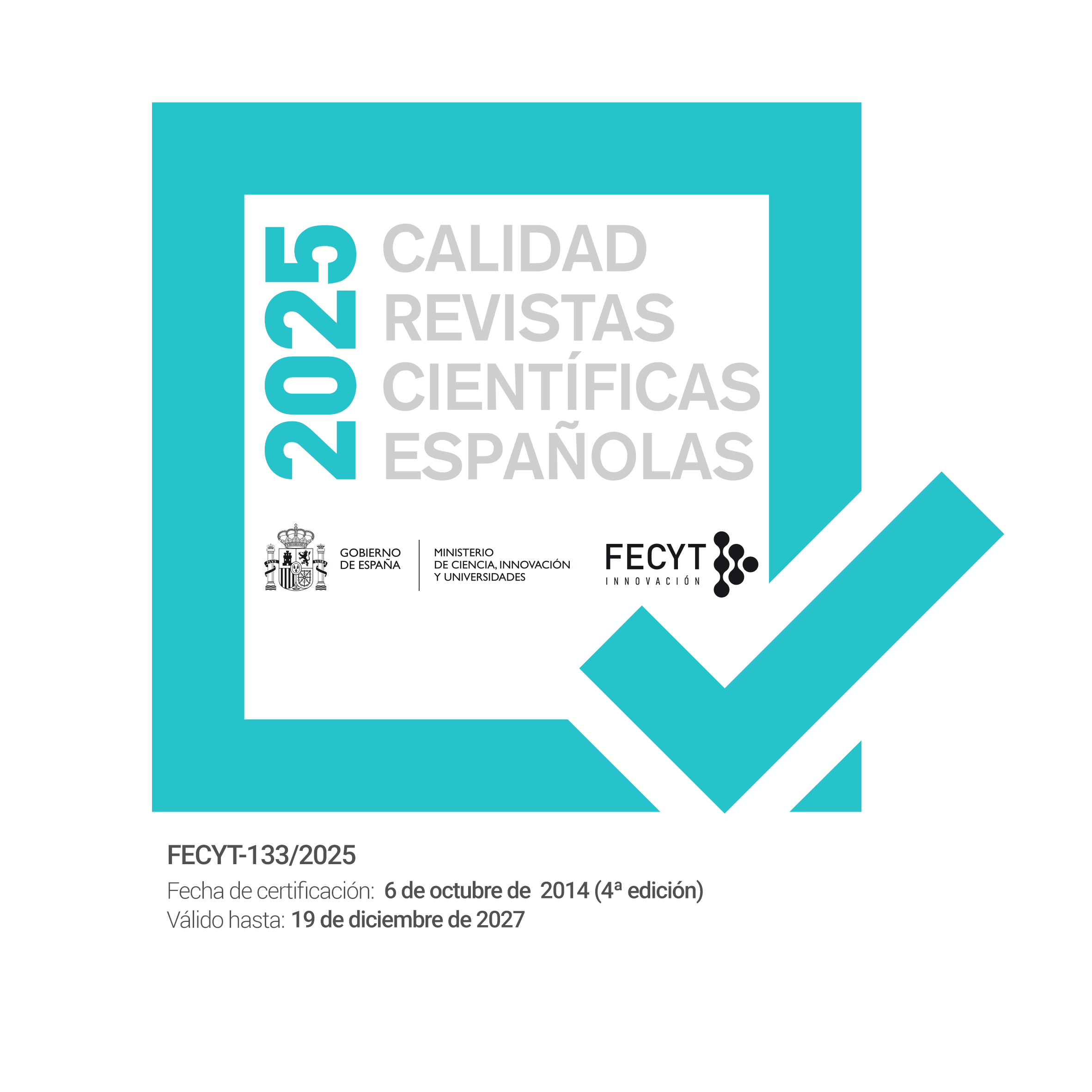Effects Of Teaching Personal And Social Responsibility Model: Systematic Review And Meta-Analysis
DOI:
https://doi.org/10.12800/ccd.v19i61.2140Abstract
Teaching Personal and Social Responsibility (TPSR) model
comes has been shown to be a crucial model to enable
and promote the appropriate progress of students. The
objective of this study is to evaluate the efficacy of the TPSR
model on children and adolescents’ physical education
students. The study employed a systematic search of three
major databases, up to 31 March 2022. This meta-analysis
adhered to the PRISMA guidelines and it was registered at
PROSPERO. The study quality was assessed using the PEDro
score. The meta-analysis demonstrated that the TPSR model had a significant impact on all the investigated variables, namely, social responsibility (DEM = 1.62; p < .001), personal responsibility (DEM = 1.05; p < .001), sportsmanship (DEM = .66; p = < .001), autonomy (DEM = 1.18; p <.001), competence (DEM = 0.69; p <.001), social relations (DEM = 1.37; p < .001), intrinsic motivation (DEM = 1.48; p < .001), extrinsic motivation (DEM = - 0.34; p = .002), and demotivation (DEM = - .91; p < .001). The findings of this study indicate that the TPSR model has significant educational potential in the promotion of multiple variables, thereby enhancing the teaching-learning process and the holistic development of students of physical education.
Downloads
Published
How to Cite
Issue
Section
License
Copyright (c) 2024 Creative Commons Attribution License

This work is licensed under a Creative Commons Attribution-NonCommercial-ShareAlike 4.0 International License.
The authors who publish in this journal agree with the following terms:
- The authors retain the copyright and guarantee the journal the right to be the first publication of the work as well as licensed under a Creative Commons Attribution License that allows others to share the work with recognition of the authorship of the work and the initial publication in this journal.















